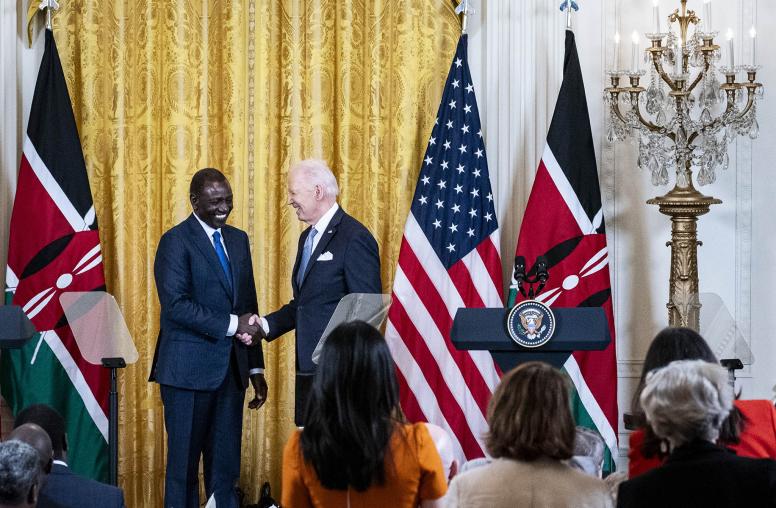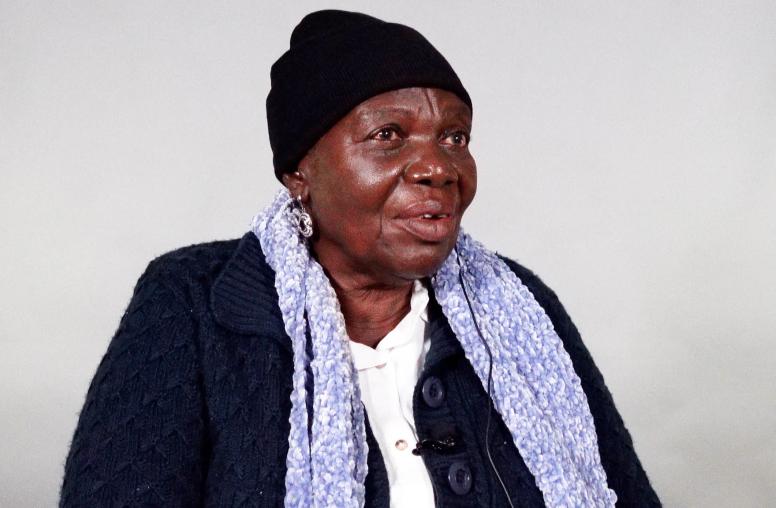Haiti and Development: Learning from Successes
Haiti has often been portrayed as a stark example of the ineffectiveness of development and international assistance. But this narrative overlooks numerous instances where Haiti and its people, in collaboration with supporters, have effectively addressed critical challenges ranging from AIDS to acute hunger. And at the forefront of these overlooked achievements are innovative partnerships — particularly between the World Food Programme and Haitian farmers — that have transformed adversity into progress. As Haiti faces one of the most challenging periods in its history, it’s important for policymakers to explore how these programs managed to succeed where others faltered.
On May 22, USIP hosted a conversation that challenges the prevailing narratives of failure surrounding Haiti and its development. The discussion examined how international partnerships have been strategically tailored to meet Haiti's unique challenges and offered a fresh perspective on how Haiti’s allies can better partner with Haitian institutions and communities to replicate and scale that success today.
Speakers
Jean-Martin Bauer, opening remarks
Haiti Director, World Food Programme
Gloria Blaise, Ph.D.
Director of Research, Haiti Policy House
Jake Johnston
Senior Research Associate, Center for Economic and Policy Research
Madeleine Maceno-Avignon
Country Director & Co-founder, Communities Organizing for Haitian Engagement & Development
Keith Mines, moderator
Vice President, Latin America Program, U.S. Institute of Peace



